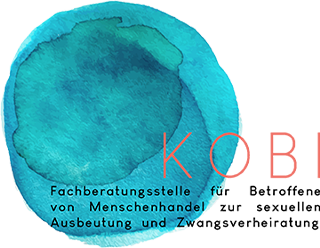Trafficking in Human Beings
Trafficking in Human Beings is a globally widespread and very complex phenomenon. It is characterized by severe exploitation and dependency structures as well as profound human rights violations. Although human trafficking is often divided into the areas of forced prostitution and labor exploitation, the existing manifestations cover a broad spectrum. In German law, this includes forced prostitution, labor exploitation, exploitation of criminal acts, forced begging and organ trafficking. There are many different causes and an interplay of complex factors that can lead to exploitation and human trafficking. This often involves an overlap of different circumstances that can lead to increased vulnerability among those affected, such as poverty, little or no education, dependency structures and the socio-economic or geopolitical situation in the home country. However, factors such as global migration processes also have a significant effect on the conditions under which human trafficking flourishes.
Exploitation is very complex and can take place in the work or school environment as well as in the home of those affected. Identifying those affected is therefore often a major challenge. Employees in women's shelters, public offices and authorities, refugee shelters, advice centers, schools, clinics and youth welfare facilities can often be the first point of contact for those affected.
Our counseling services at KOBI include both interdisciplinary individual case work and the classification of suspected cases. The specialist advice center also offers external training and information events on the topics of human trafficking, human trafficking for sexual exploitation, victims of human trafficking in the migration process, (imminent) forced marriage in the context of violence in the name of honour.
